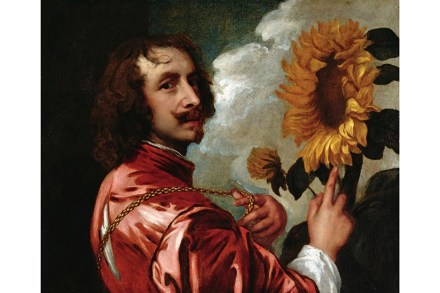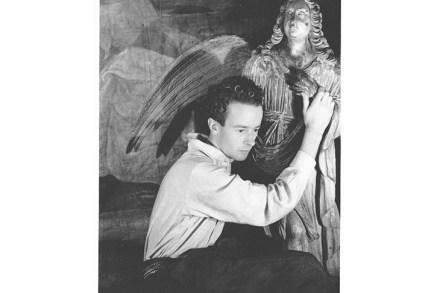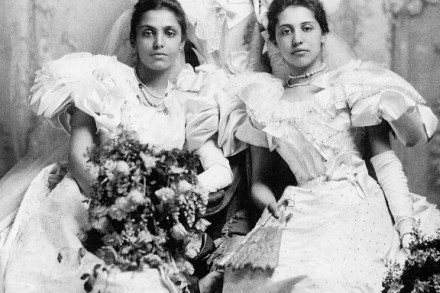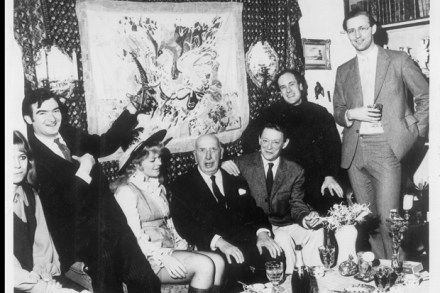Without Joseph Banks, Cook’s first voyage might have been a failure
When the wealthy young Joseph Banks announced that he intended joining Captain Cook’s expedition to Tahiti to observe the Transit of Venus, friends asked why he didn’t instead do the Grand Tour. ‘Every blockhead does that,’ Banks replied. ‘My Grand Tour shall be one round the whole globe.’ It was a wise decision, and his


















